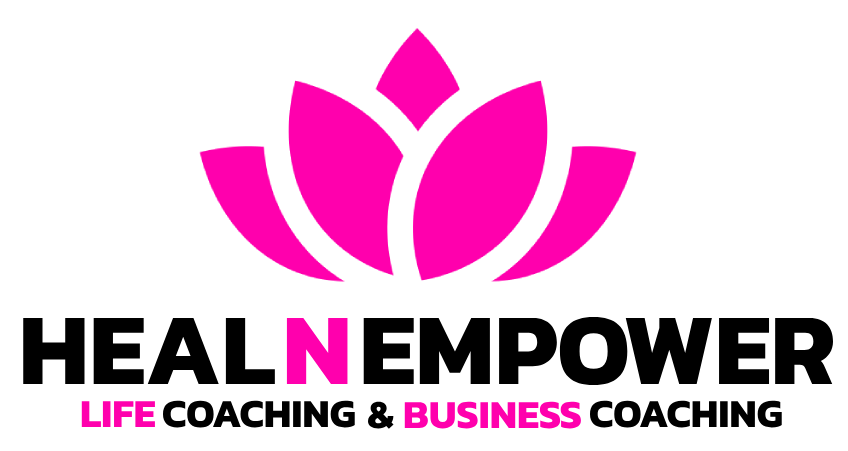Navigating Stress and Achieving Work-Life Balance: The Role of Life Coaching
The recent tragedy involving an EY employee has reignited the crucial conversation around workplace stress and the struggle to maintain a healthy work-life balance. In an era where demands on professionals have never been higher, this incident serves as a stark reminder that mental well-being is just as important as career success.
The Weight of Workplace Stress
Stress is an unavoidable part of modern work environments, but when left unchecked, it can manifest in devastating ways—impacting both physical and mental health. Employees often face long working hours, high-performance expectations, and a constant pressure to excel. Over time, this leads to burnout, anxiety, depression, and, in some cases, tragic consequences like the one we recently witnessed.
Workplace stress isn’t limited to any particular industry. Whether it’s finance, IT, healthcare, or education, the need to perform and deliver consistently can overwhelm even the most dedicated professionals.
Work-Life Balance: The Elusive Dream
For many, the concept of work-life balance feels like an unreachable goal. The boundaries between personal and professional lives have blurred significantly, especially with the rise of remote working and always-on digital communication. Many professionals struggle to disconnect from work, leading to chronic stress, relationship strain, and a lack of personal fulfillment.
How Life Coaching Can Help
In this landscape of constant pressure, life coaching offers a lifeline. As a life coach, I work with individuals to help them recognize their stress triggers, redefine their priorities, and take actionable steps toward creating a balanced life. Here’s how life coaching can be transformative for anyone struggling with stress and work-life balance:
- Setting Boundaries
One of the first steps to achieving work-life balance is learning to set clear boundaries. Life coaching helps individuals understand when to say ‘no,’ when to step back, and how to create healthy limits between work and personal time. - Stress Management Techniques
Through tailored strategies, life coaching teaches people how to manage stress more effectively. Techniques such as mindfulness, breathing exercises, and time management can significantly reduce stress levels, improving mental clarity and emotional well-being. - Redefining Success
Many professionals equate success with relentless hard work and tangible achievements. Life coaching shifts this perspective, helping individuals redefine success in a way that includes personal happiness, health, and fulfillment outside of work. - Goal Setting and Prioritization
Life coaching helps people set clear, realistic goals—not only in their careers but also in their personal lives. By understanding what truly matters, individuals can focus their energy on areas that bring both professional success and personal satisfaction, fostering long-term balance. - Accountability and Support
A life coach offers consistent support and accountability. This ensures individuals stay on track, gradually implementing the changes needed to reduce stress and improve their overall quality of life.
Conclusion
The death of the EY employee is a wake-up call for organizations and individuals alike. Stress and work-life balance are not just personal matters—they are public health issues that need to be addressed with care and urgency. Life coaching can play a pivotal role in helping professionals navigate the complexities of their lives, guiding them toward a more balanced, healthier future.
It’s time to take control. If you feel overwhelmed by work stress, unsure how to strike the right balance, or need guidance in navigating your career and personal life, life coaching could be the solution you’ve been searching for. Let’s make mental well-being and a balanced life a priority before it’s too late.



